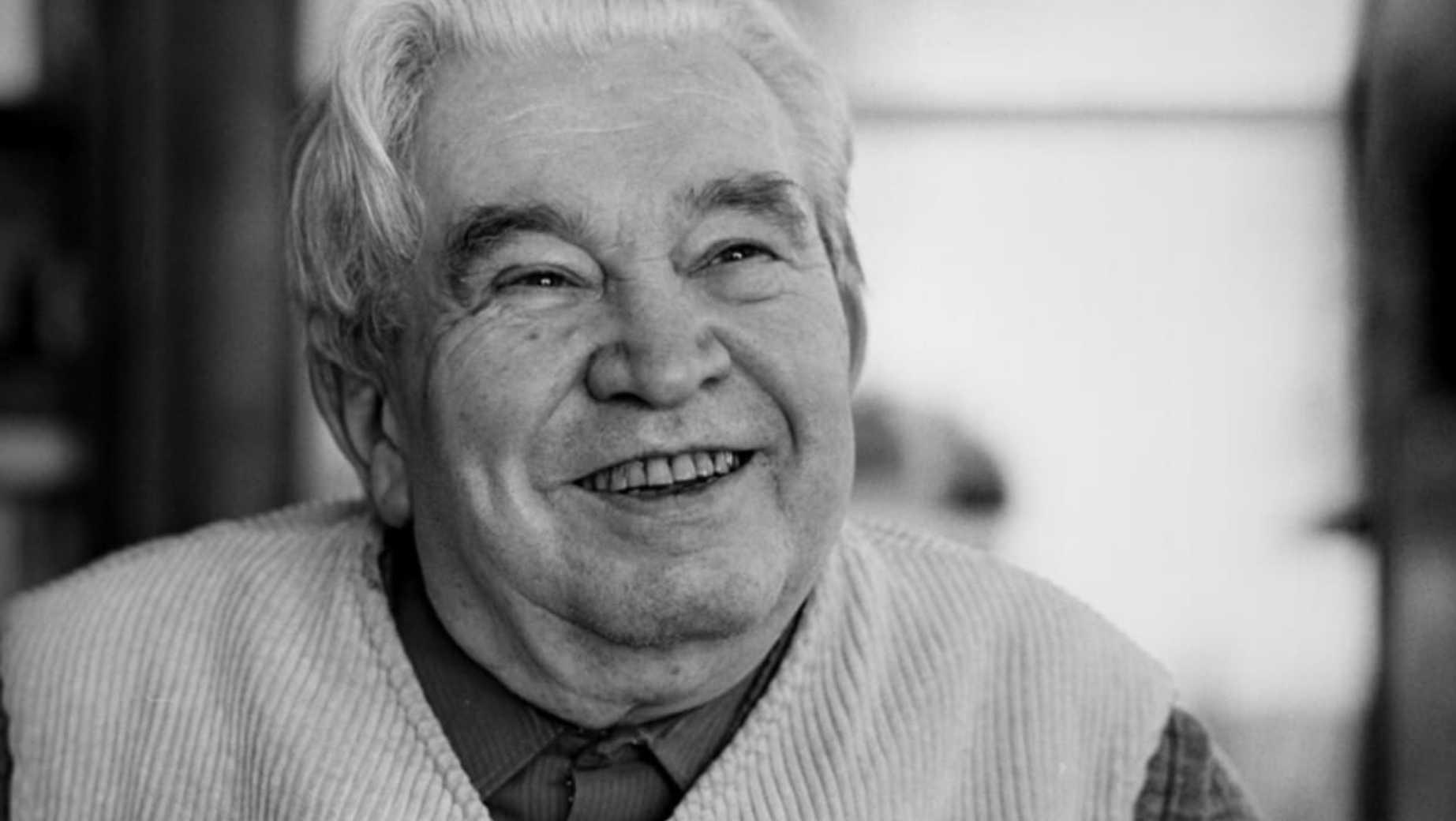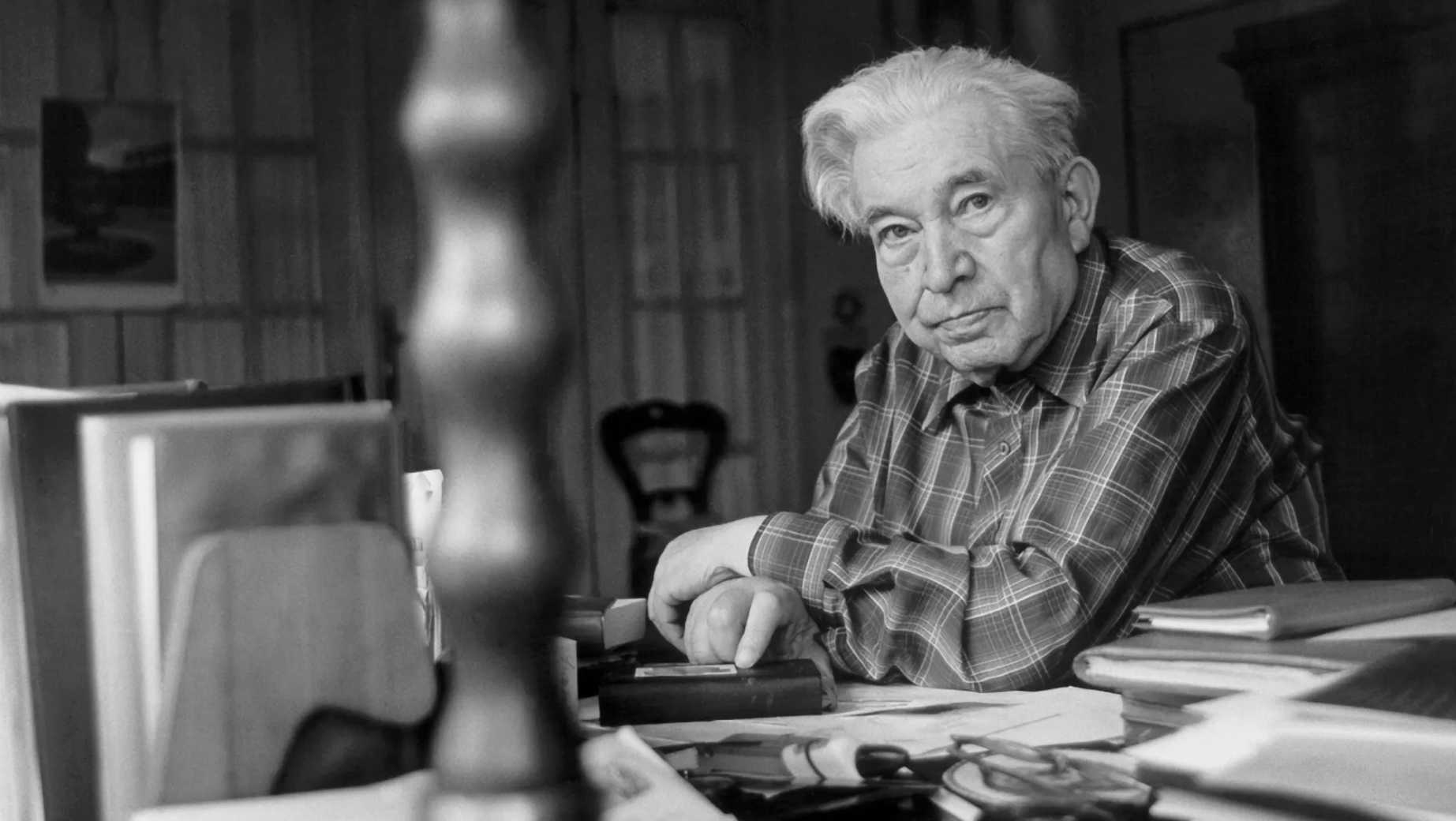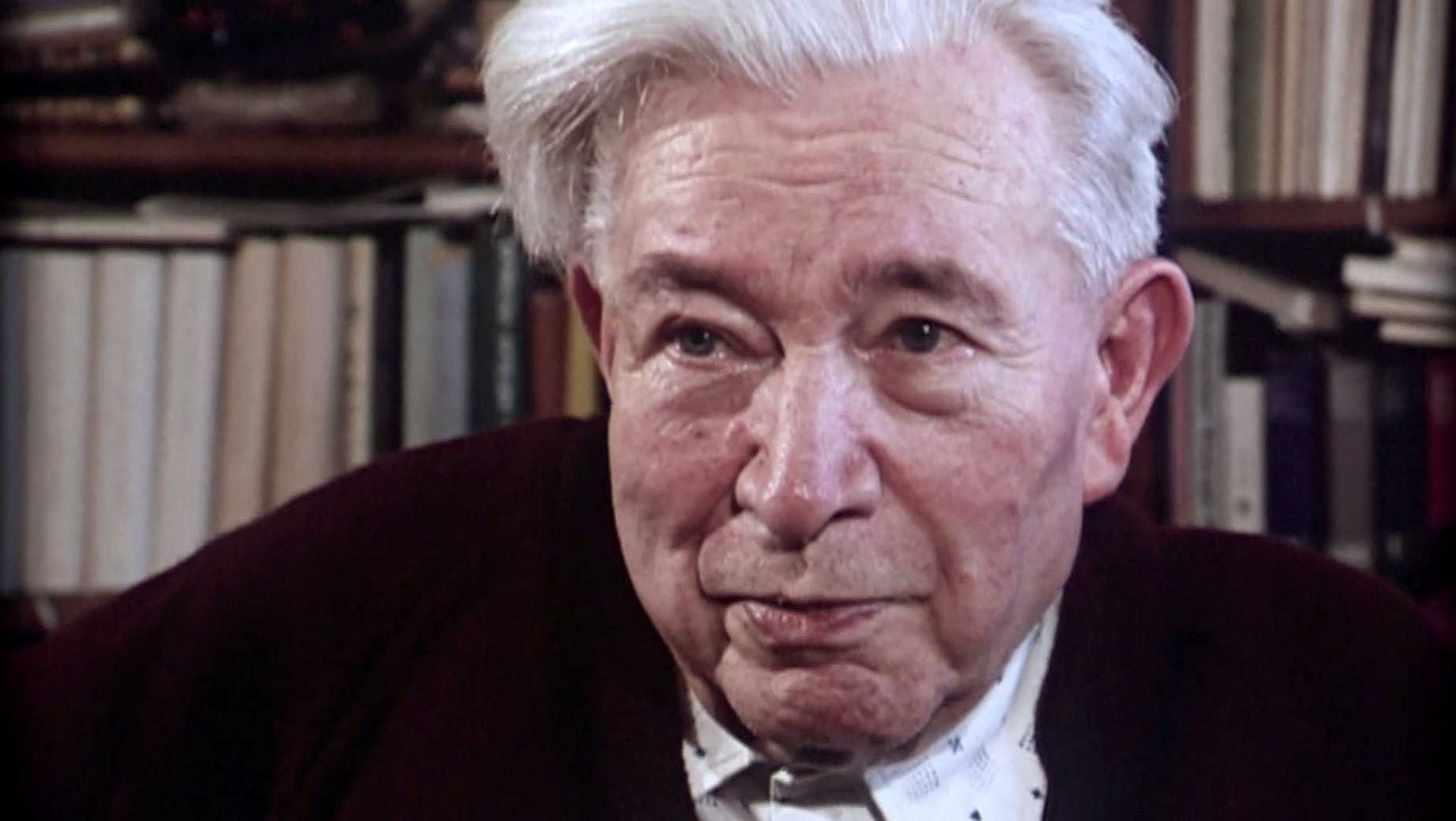Jaroslav Seifert: The Poet Who Captured the Soul of Czech Culture
Prague Morning

Jaroslav Seifert, one of the most renowned and beloved figures in Czech literature, holds a place of unparalleled significance in the cultural history of the Czech Republic.
His poetic works, rich in emotional depth and commitment to the human spirit, reflect not only the personal journey of a remarkable man but also the resilience of a nation.
Seifert’s influence as a poet, his political activism, and his ability to encapsulate the tumultuous history of the Czech people in his verses make him a towering figure in Czech literature and culture. He was awarded the Nobel Prize in 1984, cementing his place as a writer whose work transcended national borders.
Early Life and Beginnings
Jaroslav Seifert was born on September 23, 1901, in Prague, then part of the Austro-Hungarian Empire. Raised in a working-class family, Seifert’s early life was marked by hardship but also imbued him with a sense of empathy and social consciousness that later defined much of his poetry.
A restless and curious young man, he explored various artistic avenues before fully dedicating himself to literature. As a student at the University of Prague, he worked as a journalist, honing his ability to observe and describe the world with precision.
Rise to Prominence in Czech Literature
Seifert’s literary career began in the 1920s, when he became involved with the Czech avant-garde movement. Contributing to literary journals and poetry collections, he quickly became an integral part of the Czech literary scene during the interwar period.
His first poetry collection, Město v Slzách (City in Tears, 1921), showcased a remarkable sensitivity to the pain and beauty of life. His work resonated deeply with readers, as he articulated the fears, dreams, and struggles of ordinary people.

A Voice of Resistance and Transformation
Seifert’s early works were deeply tied to the social and political concerns of the time, reflecting themes of revolution and social justice. While initially aligned with socialist ideals, his poetic voice evolved, balancing personal and universal subjects. Over time, he distanced himself from overt political themes, focusing instead on celebrating life, love, and human perseverance.
His shift mirrored the changing political landscape of Czechoslovakia. Seifert distanced himself from communism, particularly after the Soviet invasion following the Prague Spring of 1968. His later works subtly critiqued totalitarianism, expressing a deep yearning for freedom and artistic expression.
Nobel Prize and International Recognition
In 1984, Seifert was awarded the Nobel Prize in Literature for his “poetry which, with the strength of its imagination, has given the Czech language its full glory.” The Nobel recognition elevated Seifert as a leading figure in Eastern European literature. For Czechs, it was not only a testament to his literary genius but also a symbol of resilience in the face of oppression.

A Lifelong Advocate for Freedom and Expression
Beyond his literary achievements, Seifert was a prominent public figure and champion of free expression. He was outspoken against totalitarian regimes, particularly the Soviet-backed communist government that rose to power after World War II. In the 1950s, he faced persecution for criticizing government policies. Despite censorship and restrictions, Seifert continued writing poetry that resonated with themes of hope and defiance.
As a member of the Czechoslovak PEN Club, Seifert actively defended freedom of speech. His defiance during the Prague Spring and beyond made him a symbol of resistance to authoritarianism.
Personal Life and Legacy
Seifert’s personal life was as complex as his poetry. Married twice and a father of several children, his relationships often influenced his work. His love for Prague and the Czech people remained a constant source of inspiration, with the city frequently appearing in his poems.
In his later years, Seifert became an elder statesman of Czech literature, revered not just for his poetry but for embodying the struggles and triumphs of the Czech people. He passed away on January 10, 1986, leaving behind a legacy of resilience and creativity.
Would you like us to write about your business? Find out more
-
NEWSLETTER
Subscribe for our daily news









